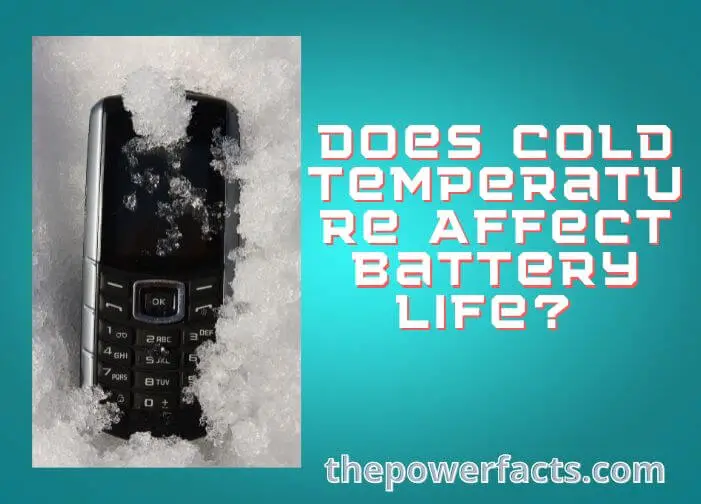I’d be interested to hear of the experiences from those who have installed such a battery – especially those who have done so and live in the southern US or other rather hot locales.
I understand you're looking for a reply from someone with actual experience with a HOT climate.
I do not have that.
However, I was sent two dash cam battery packs for test & evaluation.
The BlackboxMyCar PowerCell 8, and the BlackVue B-130X.
For the most part they share 99% identical hardware.
When it comes to software the B-130X is slightly more advanced because it can accommodate 12-24 Volt charging inputs.
The B-130X also has a more sophisticated protocol for preventing charging in "freezing" temperatures.
Back to your question.
During my research I found $20-$100 power banks that utilize the "regular" Li-ion & Li-polymer have around 1,000 full charge cycles.
Lithium Iron Phosphate, (dedicated dash cam battery packs) have around 5,000 full charge cycles.
However, the PC8 & B-130X have a conservative claimed full charge cycles of around 1,500.
I've seen this question asked, and answered by BlackboxMyCar and if I recall the typical lifespan is 3-5 years depending on application.
Here are the links to my testing of the battery packs;
I would like to say thank you to @BlackVue for sending me the all new Power Magic Ultra Battery B-130X for test & review. They even sent me a DR900X Plus to test it with. Last month I tested the BlackboxMyCar PowerCell 8 with an identical 96Wh capacity so I have that on hand to compare with. -...

dashcamtalk.com
Hey guys once again I’m late to the party, but it still feels good to be invited. For the past couple months I’ve been begging Joseph from @BlackboxMyCar to send me a PowerCell 8 for test & review. I think I finally wore him down. Lol What can I say about the PC8 that’s already been reviewed...

dashcamtalk.com
Here is my YouTube Review of the PC8;

